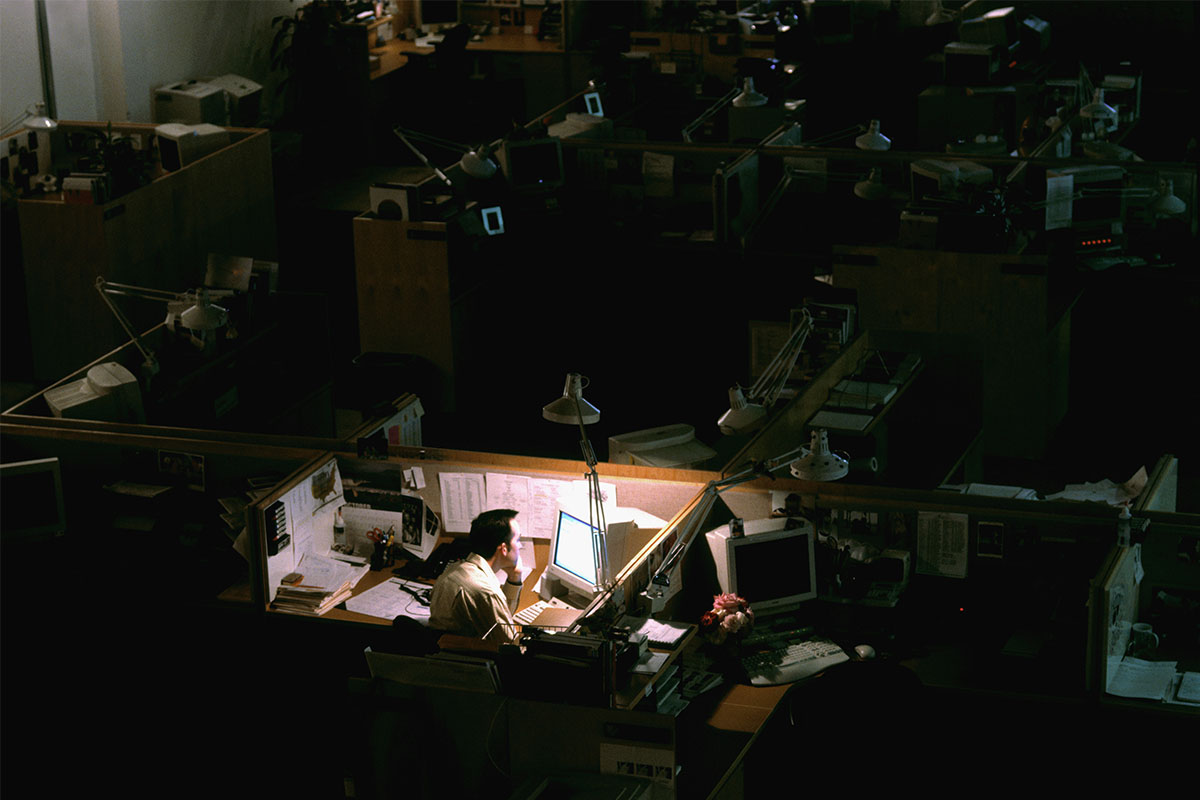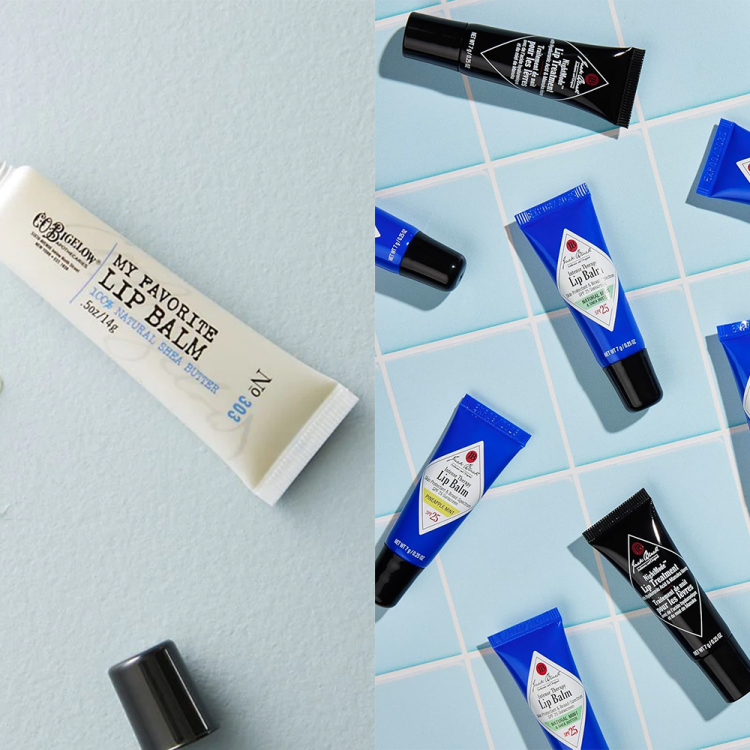Even if you haven’t watched an episode, you probably have a working understanding of Apple TV+’s Ted Lasso, the surprise hit about a American football coach who brings his relentless positivity across the pond to manage an English Premier League soccer team.
It’s a great show, and as true Tedheads know well, it’s not just for its pub humor and locker room speeches. Lasso has demonstrated, over its first 22 episodes, a willingness to “go there,” on topics that were long given short shrift (if they even came up at all), in the writers’ rooms of the old cable comedies. Divorce, infidelity, misogyny, bullying, alcoholism, internet abuse and suicide are all crucial tenets of the show. In the second season, psychotherapy takes centerstage with a brand-new character, giving all of the above room to breathe.
In other words, Lasso isn’t hung up on the towel-snapping themes we’re accustomed to in lippy sports stories. It appears determined to interrogate the link between mental health and athletics, and while it’s at it, mental health and the workplace at large. In the first season, Ted Lasso himself (played by Jason Sudeikis) has a panic attack during a team karaoke outing. In the moment, there’s seemingly no reason for him to be stressed or unhappy, but the attack comes nonetheless — his hands start shaking, his brow is covered in sweat, he can hardly complete a breath. He runs from the bar and slumps outside in an alleyway.
When Ted’s boss comes out to see what’s wrong, he can only sputter: “I can’t breathe. I don’t know what’s going on. I’m sorry. I’m going crazy.” With her patience and understanding, he manages to calm himself down. The online consensus is that this scene is a landmark moment — both within the universe of the show, and for our understanding of how a mustachioed “leader of men” (as the sports world’s most cliche like to say) can be portrayed on television. In the comments section of the video on YouTube, one user wrote: “I’ve never seen a panic attack represented that well. Perfectly captured on film what it feels like.” Another said: “This is a perfect example of how a panic attack can manifest even during a seemingly ‘happy’ type moment. It’s brilliantly captured.”
Panic attacks can happen to anyone, and they can definitely happen at the workplace — even if that workplace is a dream job spent bopping around training grounds, stadiums and bars in London. In Lasso, Ted’s clearly ashamed of his attacks (he has another in the second season, which has implications on an important match). He tries to hide them, and as he directly alluded to during his first, feels that they make him “crazy.” It’s completely understandable that Ted feels this way, considering a panic attack can literally feel like you’re dying.
According to the American Psychological Association, a panic attack is a “sudden surge of overwhelming fear that comes without warning and without any obvious reason.” But the experience is not in your head, no matter what you’ve heard over the years. It involves very real reactions within the body, including chest pain, dizziness, chills, sweats, heart palpitations and hyperventilation (defined as rapid breathing, or “overbreathing,” during which the body inhales way too much oxygen, and carbon dioxide levels plummet).
Panic attacks aren’t rare; one out of every 75 people will experience “panic disorder” at some point in their lives, often multiple times, and panic attacks are the hallmark harbinger of an episode. What’s so frustrating about them — aside from the obvious fact that they paralyze your body in fear — is that they arrive unannounced. Ted doesn’t leave the karaoke bar because he’s afraid to sing a song (in fact, I can think of nothing that Coach Lasso would rather do than sing to his players); he leaves because his body is reacting, completely out of nowhere, to a significant stressor. As viewers, we understand that Ted is in a bad way. He was recently served divorce papers from his wife back home in Kansas City. But the ferocity with which this reality suddenly destroys Ted evening is alarming to watch.
As we head back to the workplace, it’s important to keep panic attacks in mind. After two years of work-from-home, stilted returns, Zoom-only relationships and imperfect hybrid models — all of it superimposed over America’s ascendant anxiety crisis — there’s a chance that you or a coworker could suffer a panic attack while at the office. Like Ted, this might emerge from an extraneous trigger, like a relationship crisis, the loss of a loved one, financial woes, or a sense of helplessness in the face of global events. But it also could occur in a direct response to your work. Big meetings, public speaking, project reveals, networking symposiums… even playing a round of golf with a broker. These situations were few and far in between over the last 24 months, and can inspire dread in certain employees. It’s very possible for a panic attack to arrive accordingly.
If one does, know that processing it in a safe, private space should be your number one priority. Remove yourself from your desk, the board room, what have you — it’s probably simplest to just say you’re not feeling well — and find somewhere to sit. Once there, several rounds of four-square breathing (meaning four seconds of exhale, hold, and four seconds of exhale) is your best bet. It can help to repeat a grounding mantra, intended to remind yourself that you’re not dying, you’re completely fine and this will all be over in a few minutes. Plus, while it may sound trite, visualizing a calming place works wonders. Close your eyes and let yourself go somewhere else. The more peaceful the better.
Once it’s “over” and you feel okay enough to get up, consider what works best for you for the rest of the day, not your employer. If you need to go home and rest, do so. If you feel compelled that very day to contact your medical provider, prioritize that. It’s okay to let some time pass before you report your panic attack to a doctor or therapist, but know that professional expertise will eventually prove imperative. Panic attacks can have tangible, long-term mental and physical impacts. Your chances of having another will go up if you bury the first under the rug. Make a proactive choice to address what occurred. This will also free you from associating any baggage with your workplace; you may not love going into the office, especially in the post-pandemic era, but you don’t want it to become a place of crippling fear. That’s untenable. Let your future commutes, presentations and water cooler chat be free of yesterday’s stressful afternoons.
If there’s one aspect of that Lasso clip that doesn’t hit, it might be his boss informing him that he’s having a panic attack. If you’re with a coworker, and you suspect that he/she is hyperventilating, make sure to stop short of an in-moment diagnosis. See if they need your help in any way and listen to whatever they’re communicating. If you’re asked to stay, bring them to a safe, private place, where you can suggest the very same breathing techniques and mantras that you’ve considered for yourself.
We’re talking about healthcare and the workplace, so obviously there are legal undertones here, specifically in the realms of privacy and safety. Overarching rule? Keep things to yourself. Never “out” a fellow coworker who’s experienced an episode in the workplace. If you are the one who had the episode, meanwhile, it’s your prerogative. Talk to HR and learn your company’s policy. As Harvard Business Review points out, there’s a chance your panic disorder “may be protected under the Americans with Disabilities Act or equivalent, which means that your disclosure cannot be cause for dismissal or demotion… It also means that you may qualify for accommodations, such as taking more breaks.”
Most importantly, whether you’re processing your own panic attack or offering aid to a coworker, make sure to give the episode the full patience and attention it deserves. It’s natural to feel embarrassed or ashamed, especially when the experience occurs somewhere where we’re determined to present as smooth and solid. But these things are serious, and deserve serious attention. Ted has a great catchphrase in the show: “Be a goldfish.” Goldfish memories last for just 15 seconds. It’s sound advice after missing a key shot, but perhaps not the best way forward after weathering full-body tremors in a cubicle.
The Charge will help you move better, think clearer and stay in the game longer. Subscribe to our wellness newsletter today.

























